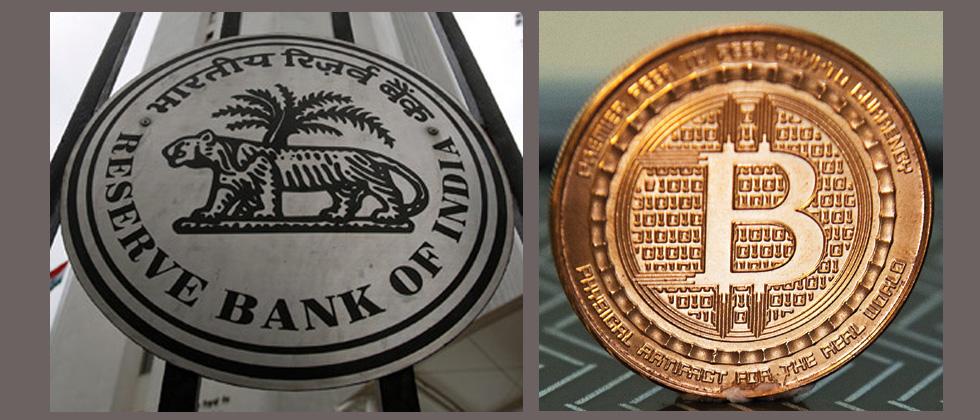From Friday, 6 July, banks and other RBI-regulated entities will not allow any transactions in cryptocurrencies. The Supreme Court on Tuesday refused to stay an RBI circular prohibiting banks and financial institutions from dealing in cryptocurrencies like bitcoin. The next hearing on the matter is slated for 20 July.

The Supreme Court has, however, asked RBI to consider the representations made by crypto exchanges in the matter. The exchanges have detailed to RBI how other jurisdictions have been dealing with the adoption of cryptocurrencies and how other related concerns can be addressed.
While finance minister Arun Jaitley had in his budget speech for 2018-19 said that virtual currencies are not legal tender, cryptocurrencies have not been outrightly banned.
ALSO READ: Oracle Plans To Support Indian Blockchain Startups
Crypto exchanges and other stakeholders like investors are also banking on the outcome of the deliberations of a committee headed by Subhash Chandra Garg, secretary, department of economic affairs of the ministry of finance, which was set up in December 2017 to make recommendations to regulate them.
Looking for alternatives, most of the exchanges plan to turn into crypto-to-crypto trading exchanges from the existing model of crypto-to-currency trading. Some are also exploring ways to keep the crypto-to-rupee transactions running.

Nischal Shetty, founder, and CEO, WazirX India, a crypto exchange, said the exchange is working towards developing a P2P platform where buyers and sellers will be able to transact among themselves. “When someone wants to buy, she will get the account details where the amount will have to be transferred. We will secure the crypto asset from the seller and once the transfer of funds is confirmed, the asset will be released to the buyer. This will eliminate frauds and as all our users are KYC-compliant, there won’t be the concern of illegal transactions,” he said. The platform is not live yet.
Crypto experts are advising investors with a short-term horizon to liquidate their assets while there is still time. “We do not know how long it will take for regulations to firm up. If someone believes in the underlying technology of crypto and the long-term potential, they can stay invested. We feel like many other countries, India will also bring in regulations for crypto eventually,” said Ashish Singhal, founder, and CEO, CoinSwitch, an aggregator of crypto exchanges.
It is advisable for existing investors to weigh their risks, while new investors must avoid crypto investments for now.
ALSO READ: 6 Ways Cryptocurrency And Blockchain Can Benefit Entrepreneurs









